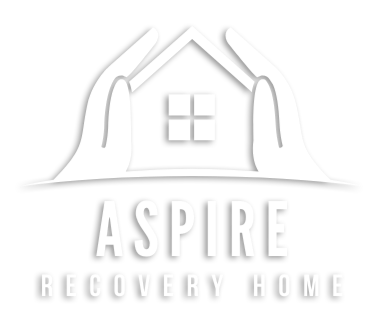Navigating Life After Prison: Overcoming Challenges and Finding Support
- info3505239
- Jun 12, 2024
- 3 min read

Life after prison presents unique challenges, but with the proper support and resources, your loved one can successfully reintegrate into society and rebuild their life. Understanding these challenges and knowing where to find help can make a significant difference in this journey.
Overcoming Stigma and Discrimination
One of the most difficult challenges that ex-offenders encounter is the stigma associated with their past offense. This discrimination can affect one’s ability to find employment, housing, and other essential resources. Recognizing these barriers and actively pursuing solutions to overcome them is crucial.
Challenges of the RSO Registry
For those required to register as a sex offender (RSO), reintegration can be even more daunting. The RSO registry is a public database that lists individuals convicted of certain sex crimes, which can significantly hinder job and housing prospects. Employers and landlords often hesitate to engage with someone listed on this registry, making it crucial to find supportive organizations that understand these unique challenges.
Impact of a Criminal Record
A criminal record can also create significant hurdles. Many employers are reluctant to hire someone with a criminal background, and landlords may be wary of renting to them. Despite these obstacles, numerous resources are available to help your family member overcome these challenges.
Supportive Organizations and Resources
Several organizations are dedicated to assisting ex-offenders with their transition back into society:
Department of Criminal Justice: In Texas, the Department of Criminal Justice offers a range of programs, including job training and placement, educational opportunities, and vocational training, to support ex-offenders in rebuilding their lives.
State’s Workforce Commission: Provides job training and employment resources. Programs like "Ban the Box" allow ex-offenders to apply for jobs without immediately disclosing their criminal history, reducing initial discrimination.
Faith-Based Organizations: The right faith-based groups often offer housing, job training, and other essential support services tailored to help ex-offenders reintegrate into their communities.
Peer Support and Mentorship: Support groups and peer mentorship programs are invaluable resources. They offer a safe and understanding environment where ex-offenders can connect with others who have faced similar challenges, share experiences, and gain insights. These programs foster a sense of community and encouragement and are crucial for successful reintegration.
Rebuilding a Life Together!
Your support and understanding as a family member can make a profound difference in their path toward reintegration after prison. The transition is not easy, but together, we can navigate this journey with you and help your loved one find a new beginning.
Remember that your family member is not alone. The right support can make all the difference. By leveraging the right support networks, resources, and connections, individuals overcome just about any obstacle or circumstance and create a fulfilling life.
This is where Aspire Recovery Home stands out as an ideal solution. More than just a place to sleep, we offer 24/7 comprehensive support to ex-offenders, everything from job support, accountability, structure, and comprehensive recovery services to help RSOs transition smoothly into civilian life.
Our dedicated team is committed to providing a safe, supportive environment where your loved one can rebuild their life with dignity and hope.
Contact us today to discover more about our recovery home and the wide range of resources we provide. Working together, we can support your loved one in overcoming life's obstacles after incarceration and guide them toward a more seamless and successful path toward reintegration.




Comments